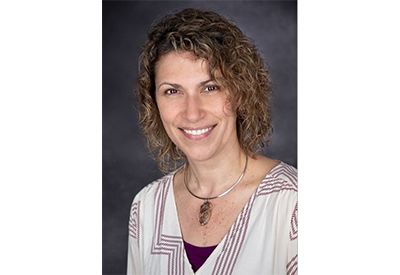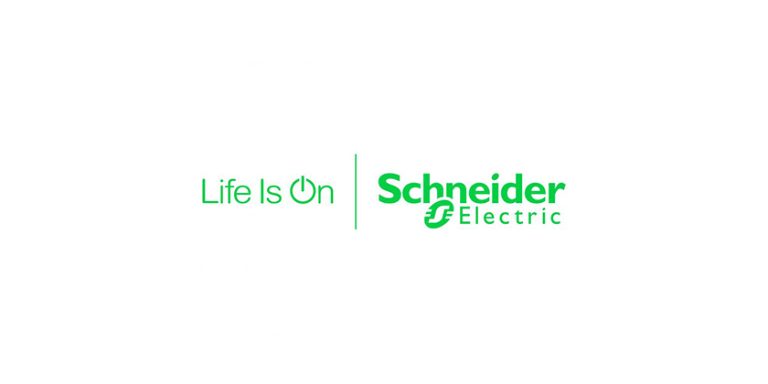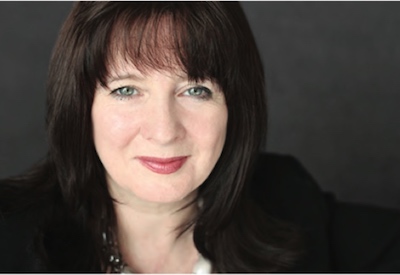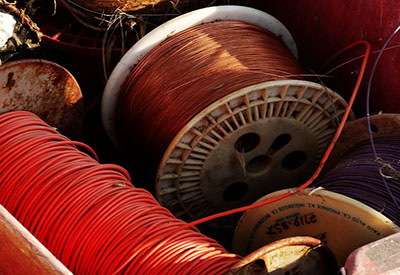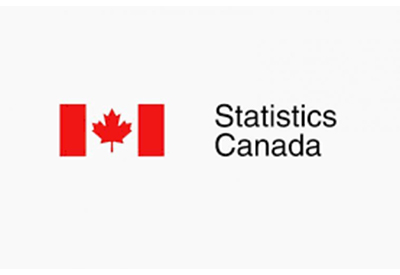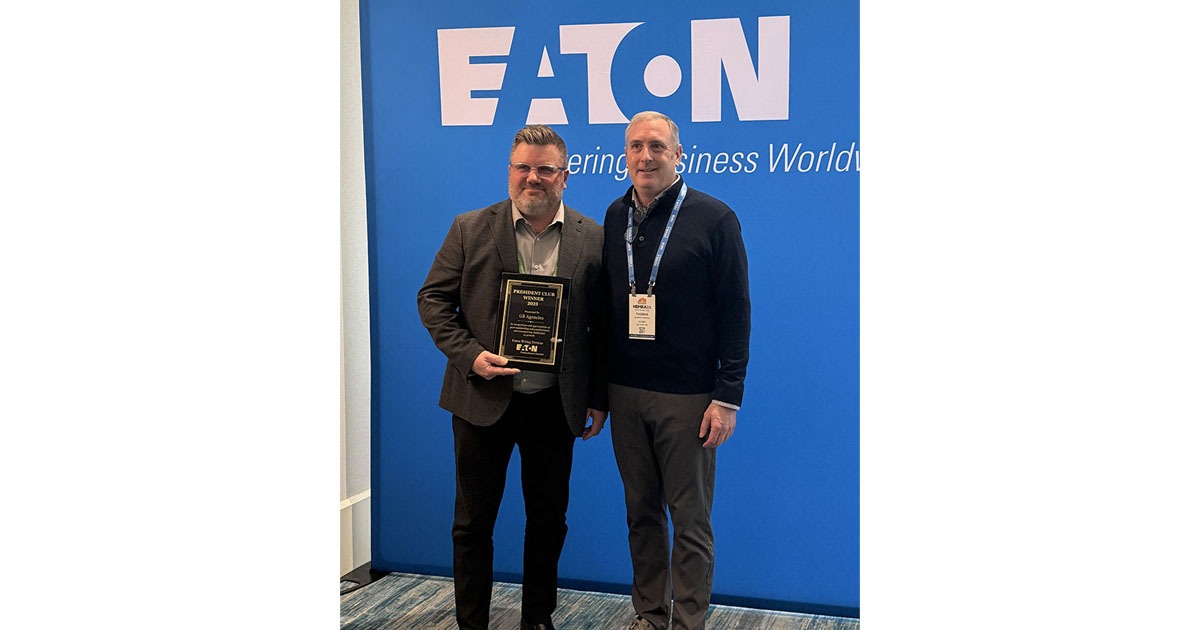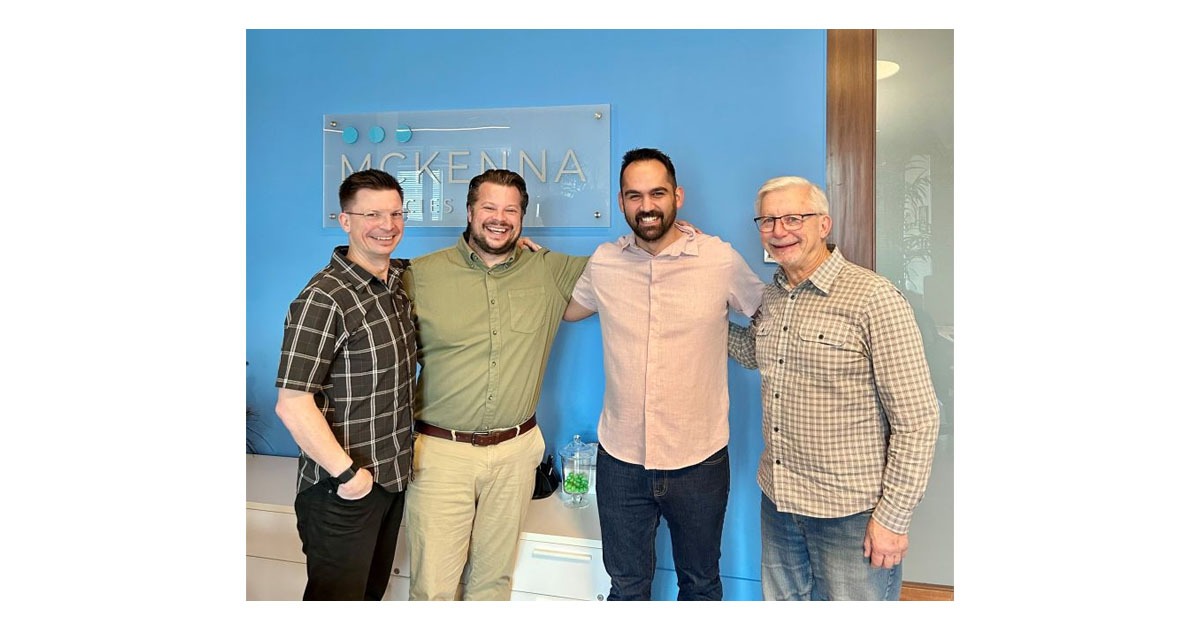Health and Sciences Could take a Lesson from the Electrical Industry

Rick McCarten
It’s time the scientific world took a lesson from our industry. Recent issues such a vaccinations and the breakout of measles,raises questions around science and research versus hearsay and innuendo.
Our industry has merged safety with science. In fact, one of the best things our industry does is in the realm of safety. We have developed a system to create uniform national standards that handle a dangerous substance and saves lives. As an industry, we spend more time and energy providing a safe environment for anyone in Canada using electricity as a source of energy. Electricity is, after all, a very powerful yet silent and deadly force. The opportunity to be in harm’s way is huge whether it is in your house or on the street.
Thanks to the safety system developed in our industry we have contained the danger and made electricity an incredible and safe provider of power that enhances our daily lives.
This is achieved through the development of standards and safety rules that are well enforced throughout the country. What makes our example effective?The standard is developed by a group of experts, interested parties, manufacturers, installers, customers and inspectors. They come together on a ruling that becomes a national standard, where every house built across Canada adheres to the code.
Despite location, religious convictions, personal preferences, personal beliefs, and whatever is broadcasted on the Internet, all houses in Canada have the same high level of standards. There is no question that those national standards have saved countless lives.
Other “sciences” are not so lucky. Take health, for example. Are vaccines good or harmful? Every known doctor in Canada has come out in support of vaccines, yet many citizens are allowed to argue the case based on hearsay. The same individuals who are forced to purchase a house that meets national standards can refuse vaccines that may endanger others.
Why doesn’t the government use the electricity safety model and develop national standards? Based on scientific analysis, a series of health standards can be created that ensure vaccines get a fair hearing. If vaccines are good and have minimal side effects, then make them a national standard that must be adhered to—for the betterment of all Canadians.
Like the electrical industry has done, why not establish a invested group of doctors, scientists, consumers, parents and politicians to develop a national standard for health that we as Canadians have to adhere to?
And why stop there? Experts can help determine many of the things we now have to think up on our own. For instance, a committee of experts can determine the truth about global warming and force the government to develop policies that will be based on the reality of the situation;not on innuendo, hearsay or some ranting from a famous movie star.
Here’s a look at another “issue” — a popular book condemns wheat. As reported on the CBC’s Fifth Estate, there is no scientific evidence that proves any of the book’s information. The entire book is based on anecdotal findings (people who say “I didn’t eat wheat last week and now I feel better”). How about we listen to the studies, the valid research to direct our knowledge as such — and not form our opinion on hearsay?
Let’s put science in front of knowledge; not lost in all the clutter of information. Maybe at the very least, if we took our scientists and our experts more seriously, we would have more young people wanting to take up science and engineering.
We can start by using our industry as an example.
Rick McCarten is VP, Electro-Federation Canada.
Read more in Canadian Electrical Wholesaler by Rick McCarten
Should Distributors Sell Robots?
Agility: Knowing Your Competition
The Big Picture
Could our Industry Lose the Lighting Market?
Adapting to the Future with Young Talent
If Your Customers Can See More, You Might Want to Help Them See Even Further
Health and Sciences Could take a Lesson from the Electrical Industry
Change is About to Hit Our Industry
Challenges of the Digital Age
Agility: The Customer Landscape
Agility is the New Lean: Alexander Defeats the Persians
Agility is the New Lean
The Gap Between “Us” and “Them”
Our Industry Needs to Help Canada Skate to Where the Puck is

